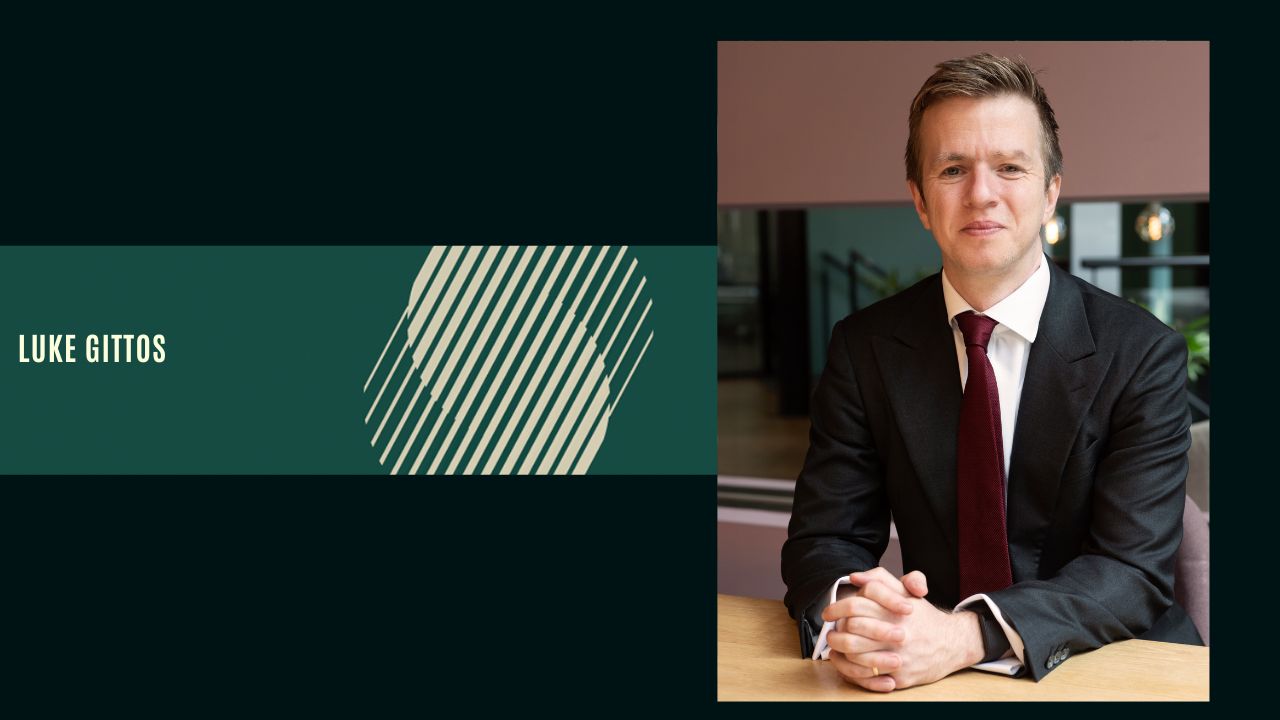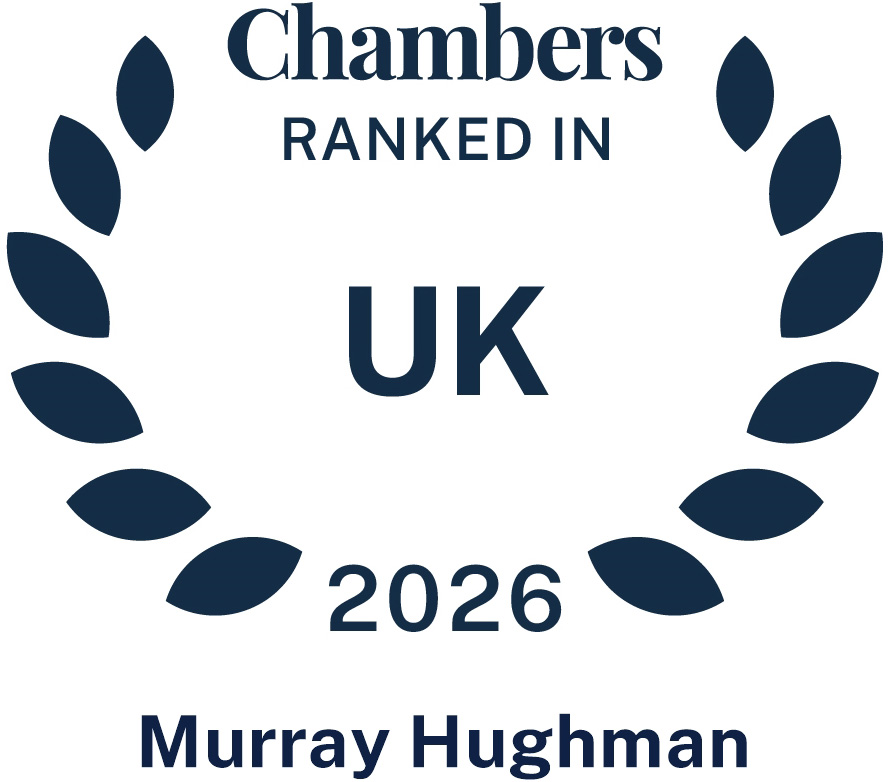
When lawyers enter a courtroom, they stand on the shoulders of giants.
They stand on the shoulders of the landowners who first won concessions from King John, leading to the signing of Magna Carta. They stand on the shoulders of William Penn and William Mead, and the jurors who refused to convict them under unjust laws—jurors who were imprisoned by a judge for failing to return the verdict the court demanded.
The words of juror Edward Bushell ought to echo through every corridor of every Crown Court in the country. When Penn was bound and gagged by the court, he turned to the jury and shouted:
“You are Englishmen, mind your Privilege, give not away your Right.”
To which Edward Bushell replied:
“Nor shall we ever do.”
“Nor shall we ever do.”
Until, it seems, it becomes inconvenient.
Today, we once again face the prospect of the right to trial by jury being abolished. The report of Lord Justice Leveson has, as predicted, recommended that intermediate courts be established—where jurors would be replaced by a judge and two justices of the peace. The right to be tried by a jury would cease to exist for many offences.
Lord Justice Leveson himself appeared reluctant. “Do I want to curtail jury trial? Would I like to? No,” he said. “But I would ask that the report be judged not on what I am undoing, but on what I am trying to protect.”
He warned of “a real risk of total system collapse in the near future,” with victims and witnesses disengaging after waiting years for their cases to be heard—or forgetting key details by the time they are.
That risk is real. But the danger of curtailing the right to trial by jury is graver still. Courts can become more efficient. Prosecutors can and should be more selective in the cases they charge. There are ways to reduce the backlog that do not involve dismantling fundamental rights.
Be under no illusion: once the right to jury trial is gone, it will not return. If these intermediate courts are introduced, they will become a permanent fixture. Every reform in recent decades has prized efficiency above principle. And no government will repeal an “efficient” system in defence of constitutional ideals.
The cost of this change would be profound. These courts will not fix the backlog—they will merely shift it elsewhere. They will likely generate a surge in appeals. But above all, they will hollow out a pillar of our justice system.
As lawyers, we must not surrender the principled position.
We owe our profession to the unique and hard-won features of the English constitution—chief among them, the respect for the judgment of ordinary citizens. It is our job to make the workings of law visible to the public. It is our duty to keep the institutions of justice open to those they exist to serve.
Intermediate courts would concede that public participation in justice is no longer essential to a fair trial. Once we concede that, we may as well do something else with our time.
What will the defence lawyer’s role be in 20 or 30 years, once the jury is gone? To present a tidy case for a judge to decide? To sit quietly while their client is processed by the mechanised workings of state power?
This is about more than the future of a profession. It is about the future of a free society.
If we, as defence lawyers, don’t fight for jury trial, no one else will. It will slip through our fingers—another vital, hard-won freedom lost to pragmatism and penny-pinching.
It’s time for defence lawyers to say: not on our watch.
Cometh the hour, cometh the men and women.
If ever there were a moment to stand up and be counted, this is it.
We must make the case for jury trial—both to the public and to the establishment. We must remind people why “twelve good men and true” remains the surest way to deliver justice in criminal cases.
We cannot be the generation that lets it go.
We must remember the cry of Edward Bushell more than ever:
“Nor shall we ever do.”
Nor shall we ever do.
If you’re interested in joining us to fight for the jury system, email info@murrayhughman.co.uk. Let’s start the pushback.





